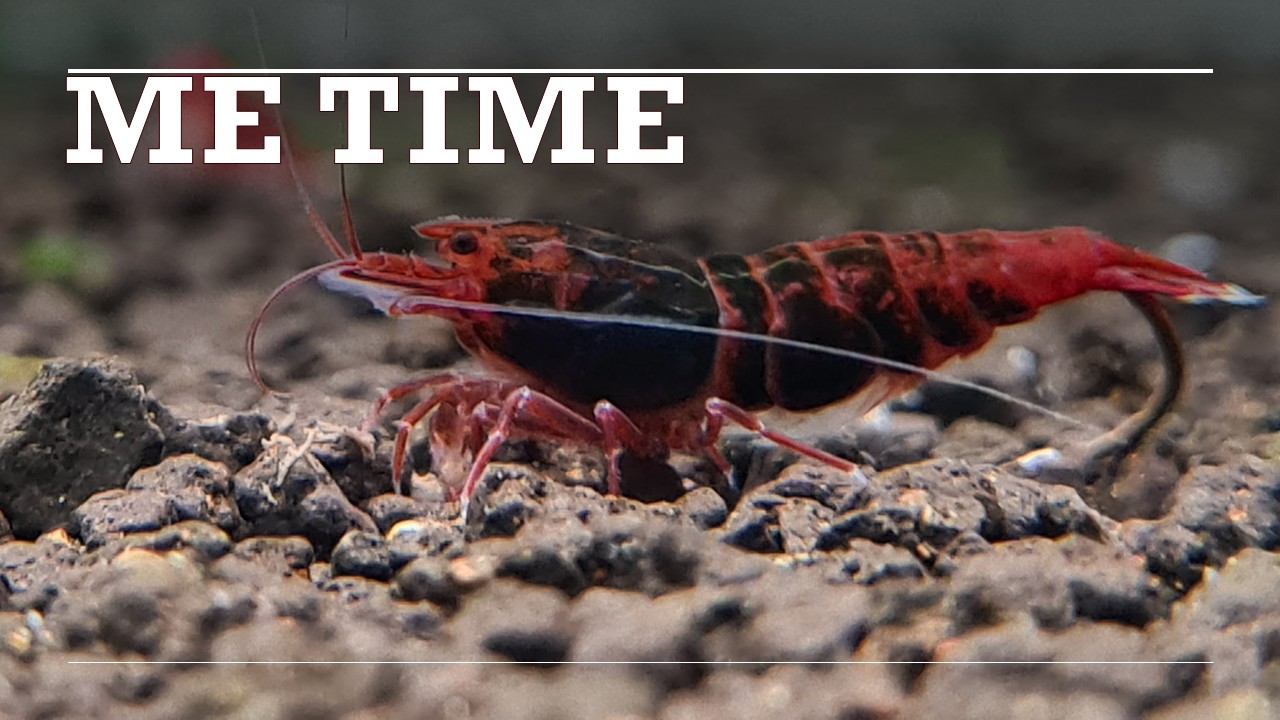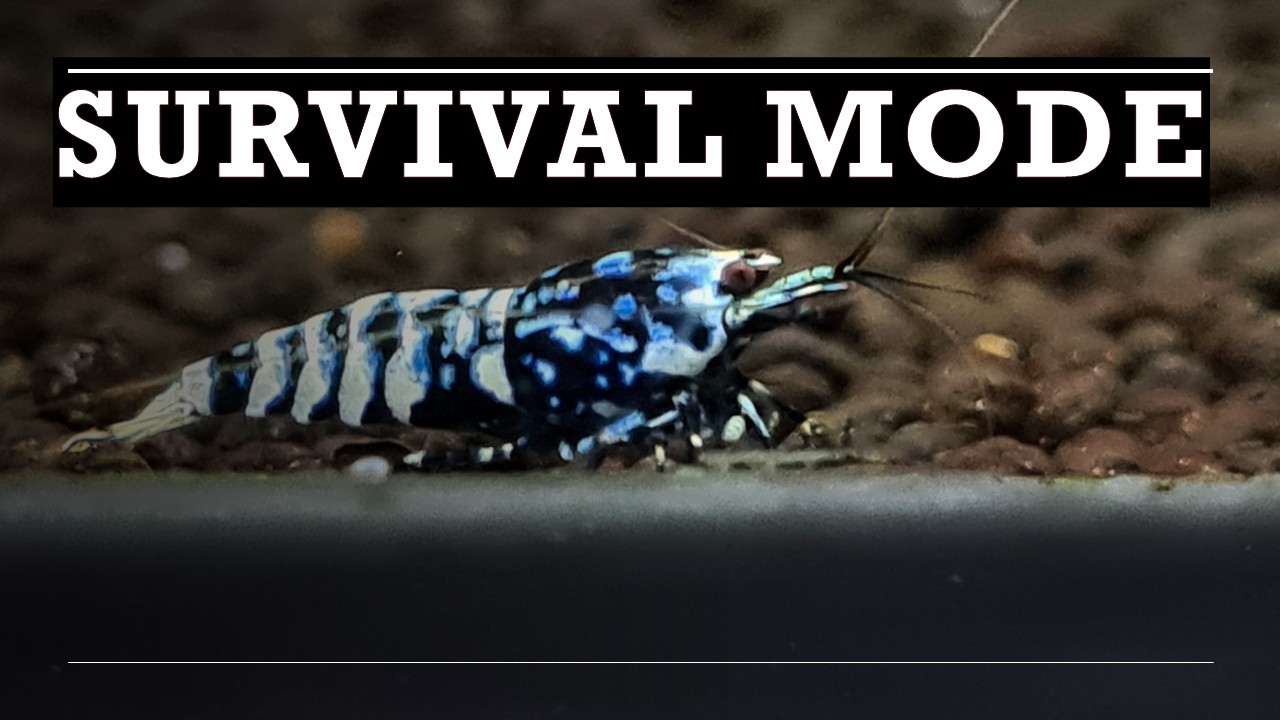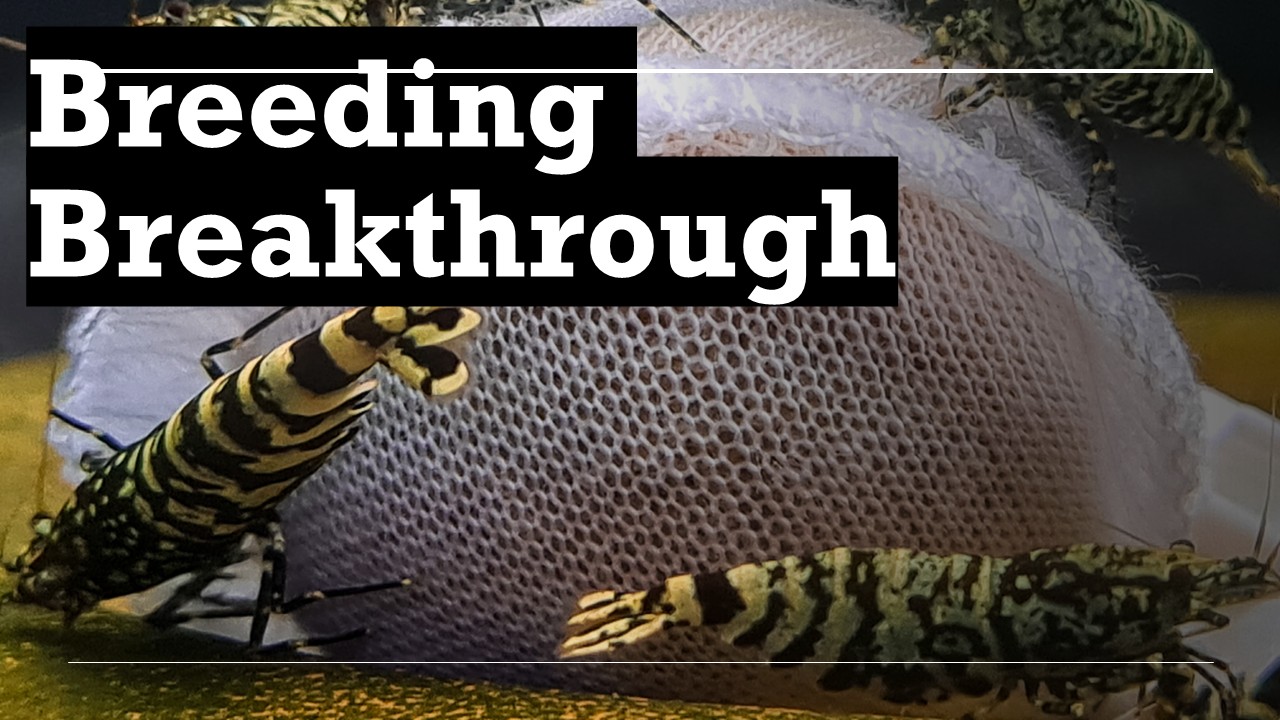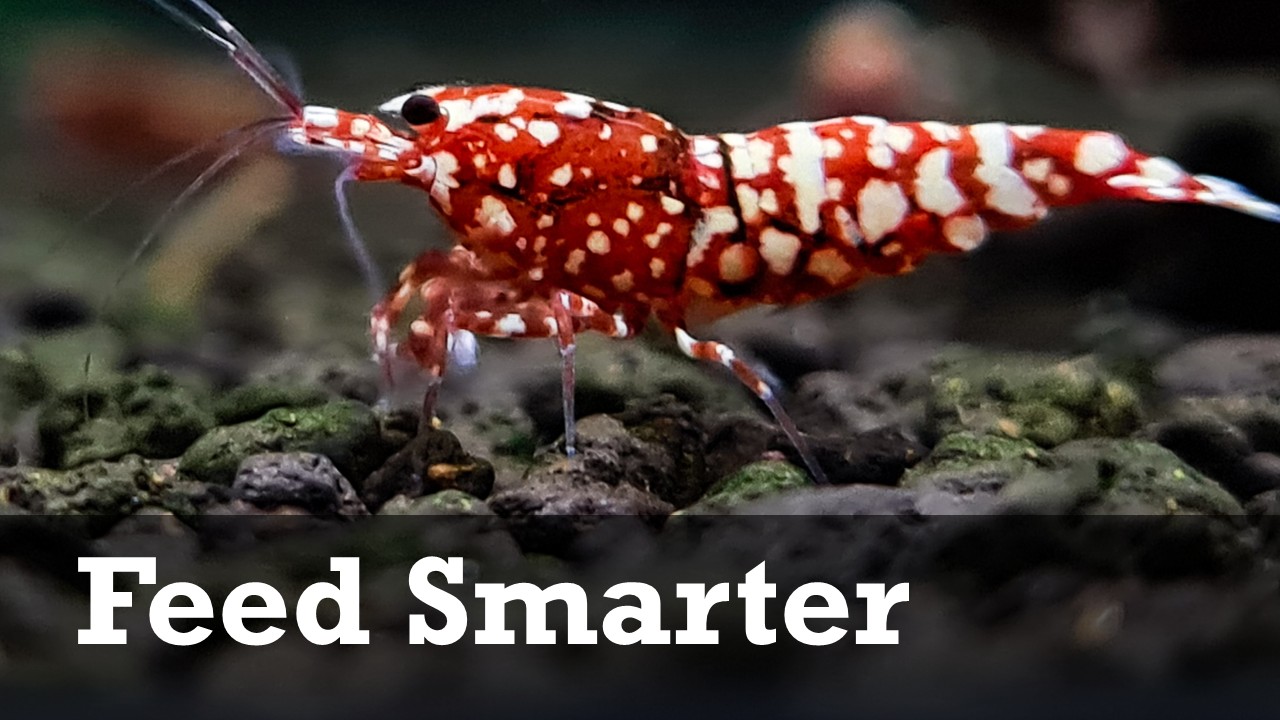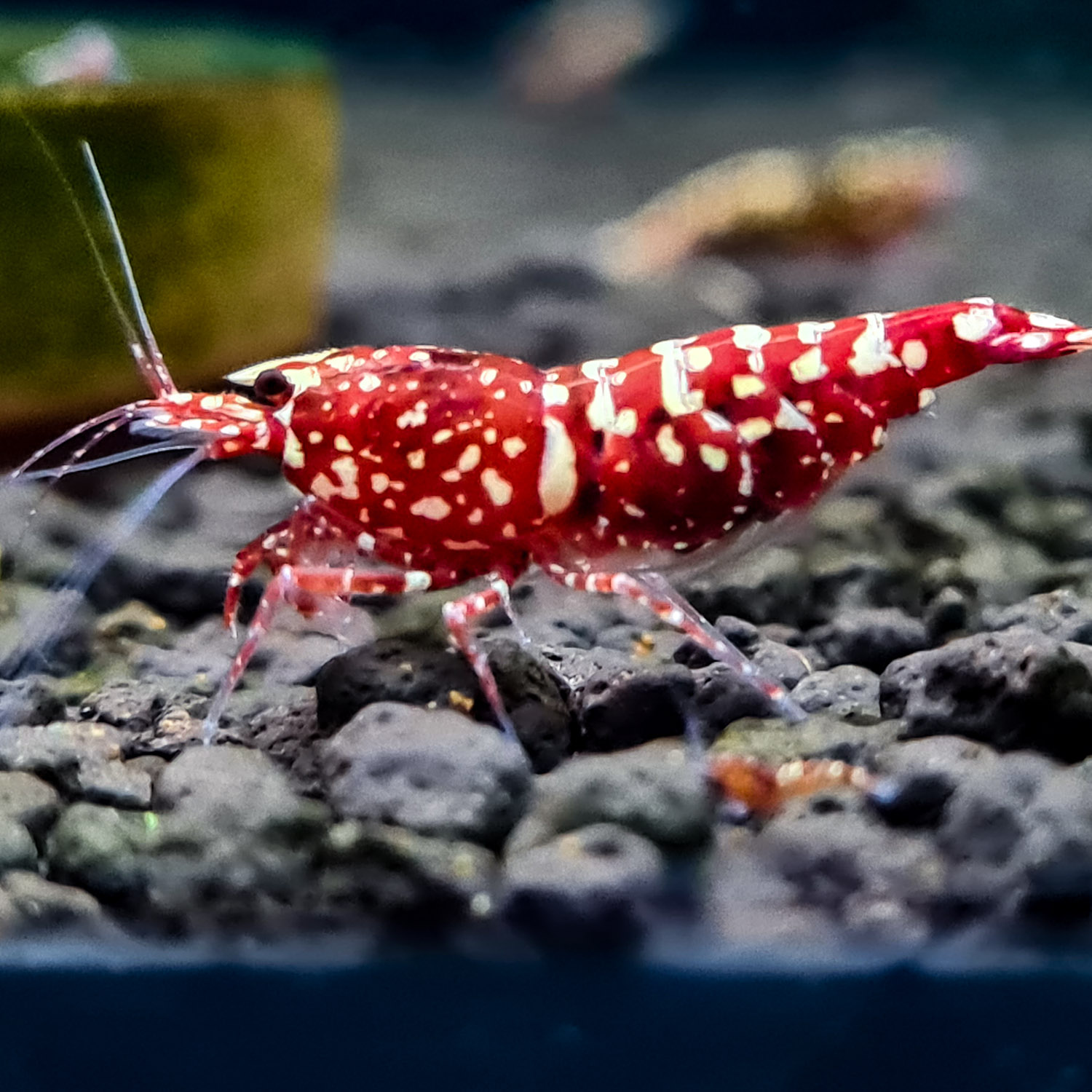
Intro
Today we will be talking about a topic that is rather common it is about balancing family and the hobby. Pursuing a fulfilling hobby while maintaining family harmony is a balancing act many of us face. For over 20 years, my wife, Dandelyn, has been my unwavering partner in life and my aquarium journey. She has stood by me as my fascination with shrimp keeping transformed into a global community effort. This story is not just about shrimp tanks; it’s about passion, partnership, and priorities. To all the spouses out there who support their partners’ dreams—this is for you.
Embarking on a hobby is a deeply personal choice, but it’s one that can influence everyone around us. Whether it’s the tinkling sound of water from an aquarium or the hours spent adjusting tanks, hobbies have the power to enrich our lives. Yet, they also pose challenges: time, money, and the balancing of relationships. Let’s delve into how we can pursue our passions without neglecting those who matter most.
A Healthy Hobby: A Gateway to Mental Wellness
A hobby isn’t just about having something to do—it’s a lifeline in today’s fast-paced world. It’s a stress reliever, a source of joy, and a way to escape the pressures of daily life. One fellow hobbyist once shared how he would sit for hours, mesmerized by his shrimp tanks after work. His wife, half-amused and half-exasperated, joked that staring wouldn’t make the shrimp grow faster, which she picked up from one of my video’s phrases. This playful exchange highlights a truth many hobbyists know: hobbies bring balance to our often-chaotic lives.
The benefits of engaging in a hobby go beyond simple enjoyment. Studies show that stress-relieving activities can lower the risk of heart disease, hypertension, and anxiety disorders. For aquarium enthusiasts like us, the process of maintaining tanks—from water changes to monitoring shrimp behavior—becomes a meditative practice. It’s not just about keeping shrimp; it’s about keeping ourselves grounded.
Your spouse will also want you to look good provided that you also prove yourself worthy of it. The trade-off of time from the family to pursue your passion must bring value, whether by supporting the community or making a positive impact on others’ lives. Focusing on the quality of knowledge, setup, and shrimp not only enhances your personal growth but also sets an example for children and future generations. Decisions made to prioritize quality—not just in shrimp keeping but in other aspects of life—can resonate deeply throughout the household, community and foster a legacy of care and commitment.
Hobbies also sharpen the mind. Problem-solving becomes second nature when managing water parameters or finding solutions for breeding challenges. These skills often spill over into other areas of life, enhancing our ability to navigate personal and professional obstacles.
Yet, the true beauty of a hobby lies in its ability to create shared moments. Laughter over a new tank setup gone wrong, admiration for a uniquely patterned shrimp, or even debates over the best equipment foster connections. For families, it’s an opportunity to bond over a common interest, turning individual pursuits into collective joys.
Let’s not forget physical wellness. While it might seem sedentary at first glance, shrimp keeping involves a surprising amount of activity—lifting tanks, setting up equipment, and performing regular maintenance such as water change. These tasks provide a welcome break from desk jobs and encourage us to stay active.
Ultimately, a healthy hobby serves as both a retreat and a revitalizer, offering mental clarity and a sense of accomplishment. Whether you’re playing the guitar, restoring vintage cars, or keeping shrimp, the key is balance—finding joy in the activity while nurturing the relationships that make it all worthwhile.
- The Role of Spouses in Supporting Hobbies
Behind every thriving hobbyist is often an understanding spouse. Mutual respect is the foundation. While we’d love our partners to embrace our passions fully, we must equally respect their space and priorities. Communication plays a pivotal role. Discuss concerns about time, finances, or attention openly and address them collaboratively.
It’s not always easy for a spouse to see the value in hours spent cleaning tanks or attending hobbyist events. Imagine being on the other side—wondering why your partner is so engrossed in something you may not fully understand. This is where patience and education come into play. Share your excitement with your spouse in ways they can connect with. Maybe it’s showing them the vibrant colors of a newly bred shrimp or explaining how a new tank setup reduces stress after a long day.
Supporting a hobby doesn’t mean abandoning personal priorities. Many couples thrive by finding ways to make the hobby a shared experience, even if one is more involved than the other. For example, my wife may not spend hours maintaining tanks, but her encouragement and understanding have been vital. Sometimes, it’s the small gestures—like asking about a new tank or admiring a shrimp’s unique patterns—that strengthen the bond between partners.
- Balancing Act: Time, Money, and Compromise
The early days of any hobby can be overwhelming, especially when setting up tanks or learning new techniques. It’s natural to invest more time initially, but this imbalance evens out as routines establish themselves. Balancing time and money involves a delicate dance. On one hand, you want to immerse yourself in the hobby; on the other, you have family and financial responsibilities that demand attention.
To find balance, start by setting boundaries. Dedicate specific times for your hobby and stick to them. This not only helps you manage your time effectively but also reassures your spouse that your focus isn’t entirely on the hobby. For me, scheduling time for tank maintenance during weekends allowed me to give undivided attention to my family on weeknights.
Financial considerations are equally important. Shrimp keeping can be as economical or extravagant as you make it. Begin with a modest setup and gradually expand as resources allow. When my journey started, I had one small tank. Over time, my passion grew, but so did my ability to manage the associated costs responsibly.
Lastly, compromise is key. If your spouse feels that your hobby is taking over too much time or space, work together to find a solution. Maybe it’s reducing the number of tanks or setting up a shared hobby space. These adjustments show that you value their input and are willing to make changes for the sake of the relationship.
- Hobbies Foster Stronger Connections
Engaging in hobbies isn’t just about self-gratification; it’s about fostering community and building stronger bonds with those around you. For example, joining an aquarium hobbyist group can introduce you to people who share your passion, creating opportunities to exchange ideas and grow together. These communities become a source of inspiration and learning, but they also foster a sense of belonging. Knowing that others share your enthusiasm can be incredibly rewarding.
The beauty of hobbies is their ability to connect people from all walks of life. Whether it’s attending shrimp shows, participating in online forums, or simply chatting with a fellow enthusiast at a local store, the relationships you form can be as meaningful as the hobby itself. These interactions can even extend to family members. Bringing your spouse or children to events can turn your passion into a shared adventure, allowing everyone to bond over the experience.
It’s important, however, to navigate these communities with care. Hobby politics—rivalries, disagreements, or cliques—can detract from the joy of participation. Focus on the positive aspects and avoid getting entangled in conflicts that could sour your experience.
On a personal level, hobbies can also strengthen family ties. My children have shown interest in shrimp keeping, turning it into a family activity. Watching them care for the tanks and learn about aquatic life fills me with pride and joy. Eventually they may even pick up another hobby but what we instil in them about the value of how things are done and how decisions are made is more important. It’s a reminder that hobbies have the power to bring people together, bridging generations and creating lasting memories.
- Conclusion
A thriving hobby doesn’t have to come at the expense of a healthy relationship. Instead, it can become a bridge that strengthens it. Through open communication, mutual respect, and a balanced approach, hobbies can enrich not just our lives but the lives of those around us. To my wife, Dandelyn, and to all the partners who stand behind hobbyists—you are the unsung heroes of our passions. Thank you for being the foundation upon which we build our dreams.
Let’s remember that it’s not about how many tanks we own or how much time we spend. It’s about the joy we share, the growth we inspire, and the memories we create together. Pursue your passions, but never lose sight of the people who make the journey worthwhile. Remember to like share and subscribe and until next time peace out.
